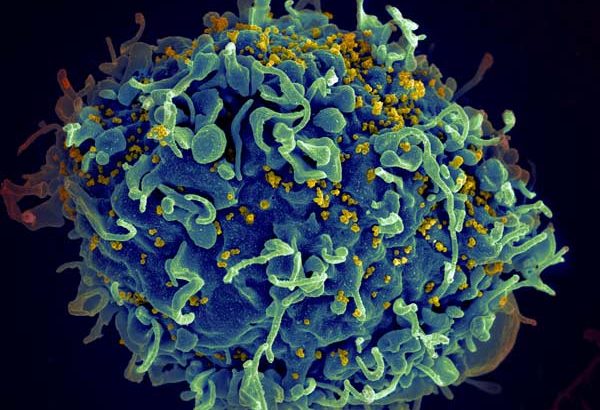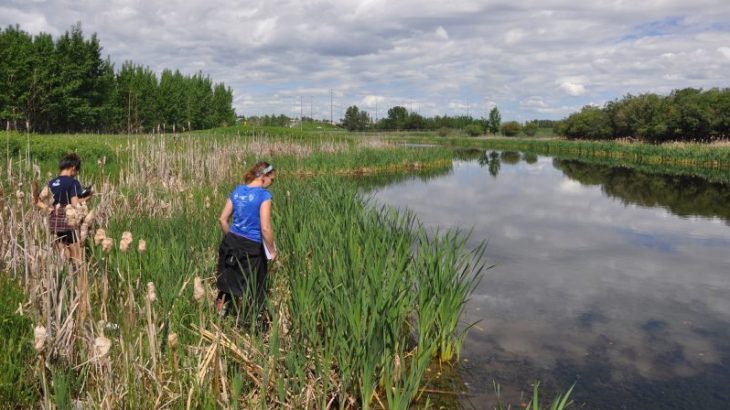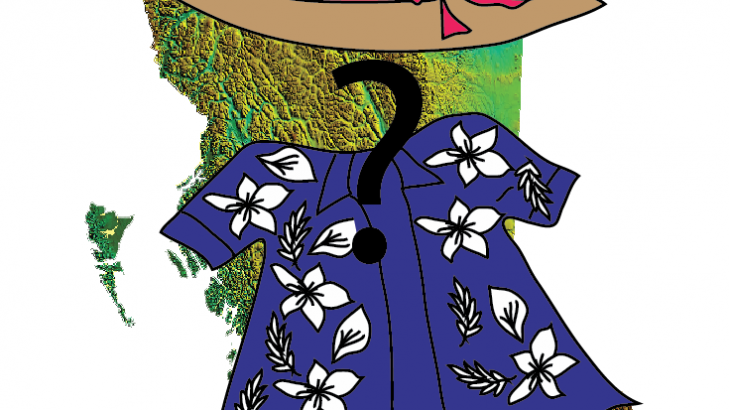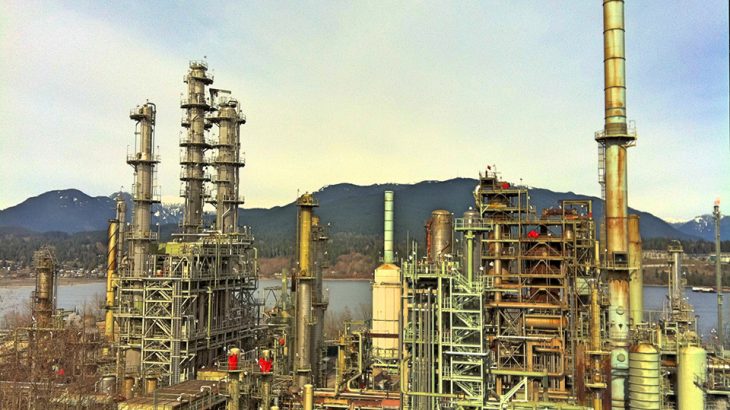
by Emerson Gaglardi, New Science Communicator In 2016, 36.7 million people around the world were living with HIV (human immunodeficiency virus) infections. To put this in perspective, that is about the same as the current population of Canada. Without treatment, HIV dramatically reduces the number of infection-fighting white blood cells over a period of about […]







